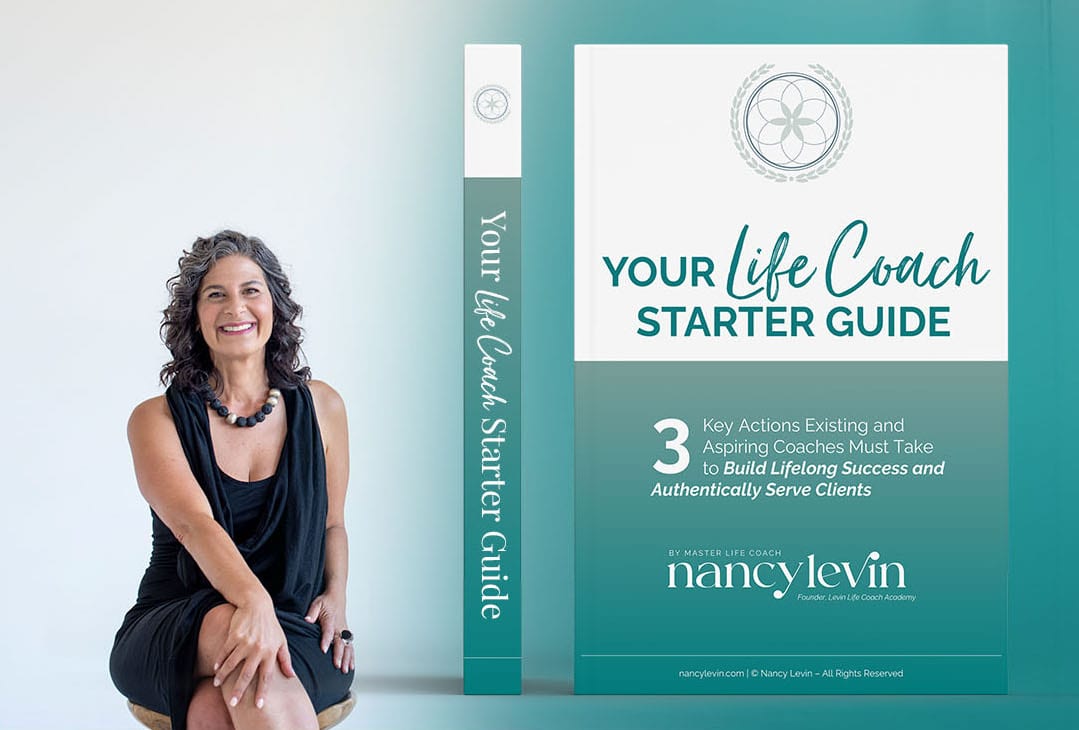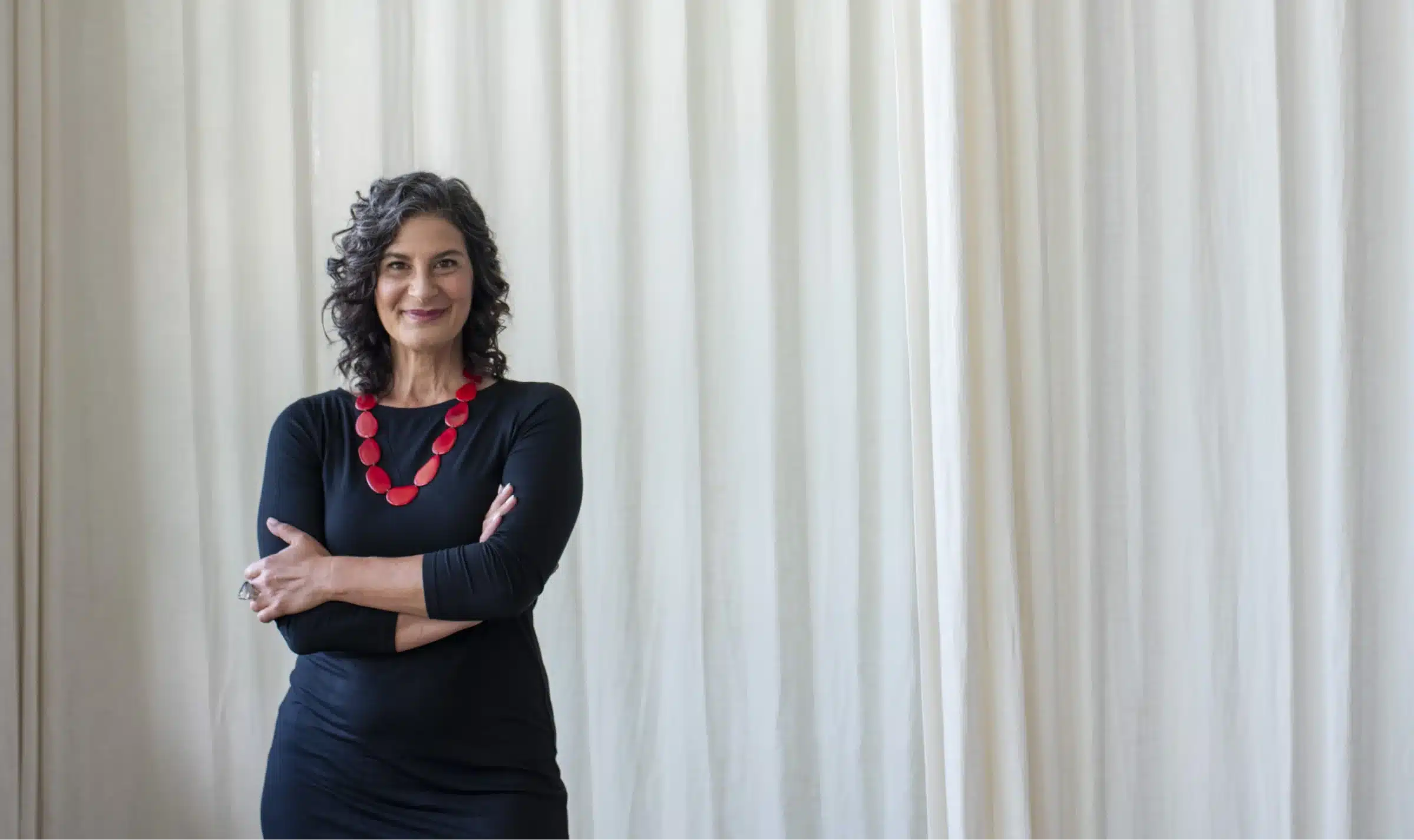Learning to set effective boundaries is the key to living a happy life where our needs take priority.
But for most of us, setting boundaries seems like the hardest thing we can do. Instead of setting boundaries and being clear about the consequences, most of us resort to making demands and then backing away when the other person refuses to comply.
It can be frustrating and we begin to wonder if we’ll ever be able to achieve a life where our partner, colleagues, friends or children respect our needs.
And although you may already be aware of this . . . one of the biggest obstacles to setting healthy, effective boundaries is your fear of what might happen if you do (or are forced to follow through with your stated consequences).
Especially for those of you who shy away from conflict or fear that you might be abandoned just for stating your needs, setting a boundary can be an extremely painful exercise.
Years ago when I was still married to my husband, the idea of setting boundaries seemed completely foreign to me.
As a natural-born people pleaser, my main goal in life was to make others happy at all costs.
The idea of setting a boundary around my needs frightened me for several reasons – but the biggest reason was that if I set a boundary that I might upset the other person or hurt their feelings.
When it came to setting boundaries with my husband in particular, it didn’t even enter my mind because I told myself that as long as he was happy and that his needs were met – I was good!
The problem with that kind of thinking is that, little by little, I started to get lost in my marriage. I had no idea who I was or what I really wanted. I felt like I had to wear a mask on the outside that told the world that everything was ok – no, more than ok – things were perfect.
I kept stuffing down my own needs and pushing down any resentments because the idea of setting a boundary or expressing my own needs seemed so much worse than drawing a clear line.
The problem with that kind of thinking is that ultimately our needs demand to be heard. They come out in destructive ways and the person who usually gets hurt is you!
So what can you do when fear causes you to consistently procrastinate, push off your needs, or freeze in the face of fear?
While I still haven’t found the perfect antidote for fear, I can say that there are a few steps you can take to help quiet your fear and find the freedom you’ve been craving!
One thing that’s important to remember is that fear is a natural feeling. It’s normal to feel uncomfortable when you have to do something that might hurt someone’s feelings, put yourself in a vulnerable spot or lose something you’ve worked hard to attain.
Fear has positive aspects that can support you by keeping you out of harm’s way or from ditching all your responsibilities on a whim.
At the same time, when fear consistently prevents you from speaking up or expressing your needs with another person, it becomes a problem.
One of the first things you can do to overcome the fear you have of setting a boundary is to remember that most of the time fear paints a bigger story than it can prove. Always the tricky mistress, fear starts to lead you down a path that often sounds like the truth, but can’t actually be backed up with any tangible proof.
Think about it . . . most of the time when you start to think about setting a boundary your mind starts to spin around all the “what ifs” you tell yourself.
- What if they get mad?
- What if they walk away?
- What if they say NO?
- What if they reject me?
The truth is that most of those what ifs are wrapped up in stories of your past and can’t find any proof in the present (or future). When pushed, fear can’t give you hard evidence of anything that you fear really happening. Sure, you might have some evidence that it’s happened in the past – but the past doesn’t dictate the future (especially if you learn to approach boundary setting from a fear-less space).
The other thing that helps is really identifying the actual fear.
Perhaps the fear isn’t really about setting the boundary, but more about having to follow through with your consequences.
Think about the mom who has to set a boundary with her teen, but doesn’t really like the idea of taking away his phone or car because it inconveniences her (and the rest of the family) – so she backs down the instant she sets the boundary and her child crosses it.
Or perhaps you are upset that your partner keeps calling you names during your disagreements. You explain that you won’t tolerate that any longer or you’ll have to leave the house. It happens again and now you feel stuck – afraid of implementing either consequence.
The first one would have you back down and stay (because it feels safe). The second would have you leave – and you tell yourself you can’t because of love or because you’ve built this beautiful life together.
The reality is that the thing you fear most is probably not the act of setting the boundary, but the consequence itself.
And while that truth may sting a little, knowing what you fear can help you take steps to alleviate your fears and come up with a plan – no matter which route you take.
We may not always like the consequences of setting boundaries, but we have to remember that there are consequences to not setting boundaries as well.
Instead of burying your needs so far down that you no longer remember what you want, you can find a viable path toward having your needs met and create better connection with those around you.
If fear has been stopping you from taking action and setting boundaries with someone in your life, I invite you to first examine your fears. Once you’ve identified your fears, you can begin to look at the alternate paths if you decide not to initiate your boundary.
By empowering yourself to see that you have options (even if they aren’t the ones you want right away), you will be able to quiet your fears and take the necessary steps to put yourself first – which is crucial to having the life you want!
When you do, you might be surprised that approaching the difficult conversation might become easier because you won’t be defensive or attached to any outcome.
xo
Nancy
P.S. Want to join the conversation and learn more about how to bust your fears around boundary setting? Tune in to my Hay House Radio show tomorrow, Thursday, June 13, 2019 at 8am PT / 11am ET, where I’ll be talking live about this topic and taking your calls.








